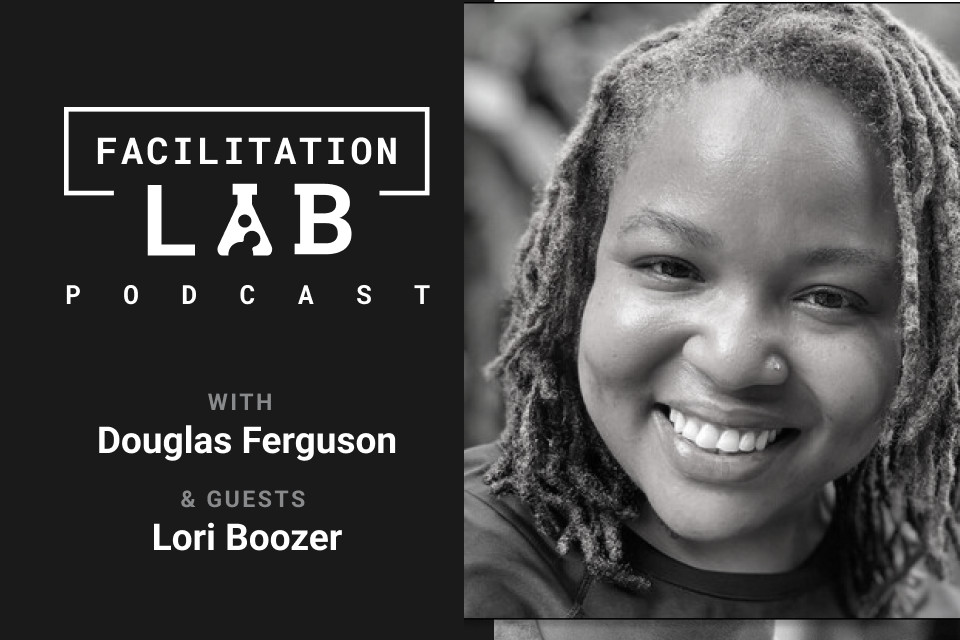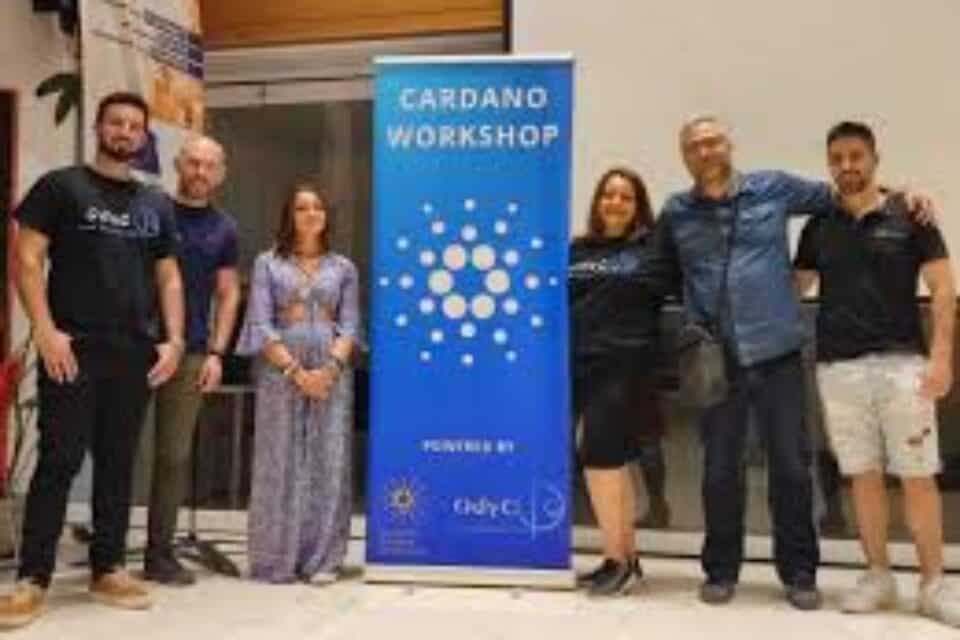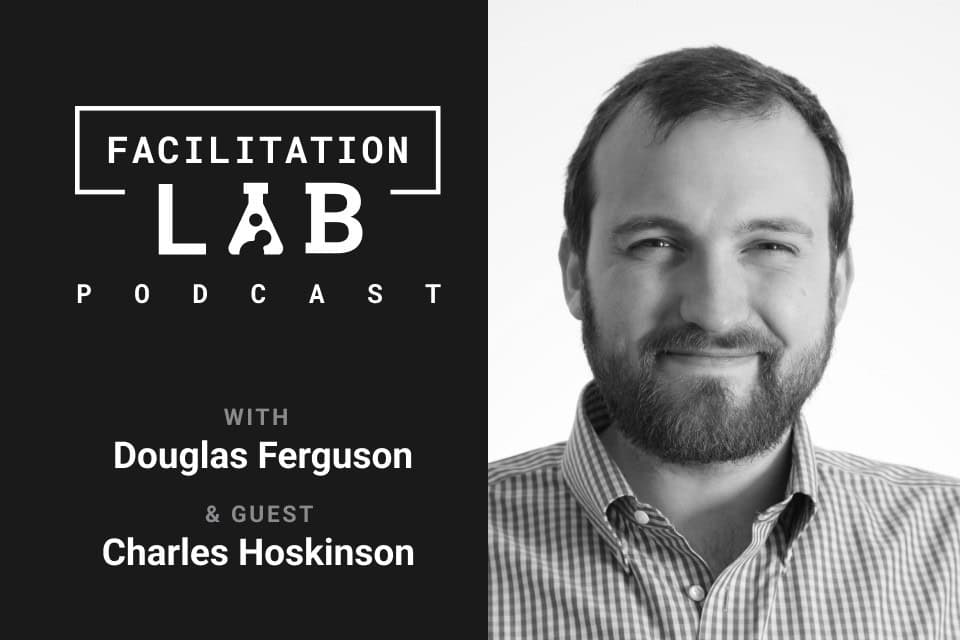
In this episode of the Facilitation Lab Podcast, host Douglas Ferguson interviews Lori Boozer, a narrative strategist and wellness visionary. Lori shares her journey from law to facilitation, emphasizing the importance of creating inclusive spaces for genuine participation and healing. The conversation explores group dynamics, the power of storytelling, and removing hierarchical barriers to foster authentic connection. Lori reflects on her experiences in Thailand and the need for “reparative engagement” in communities. Together, they discuss how facilitation can drive collective transformation, especially in workplaces and a world increasingly shaped by technology.









